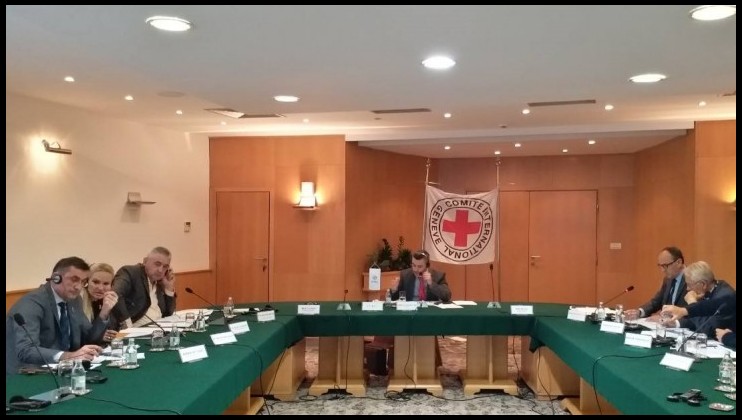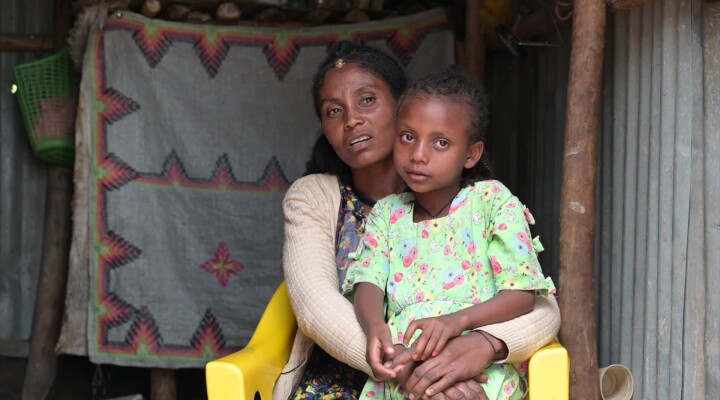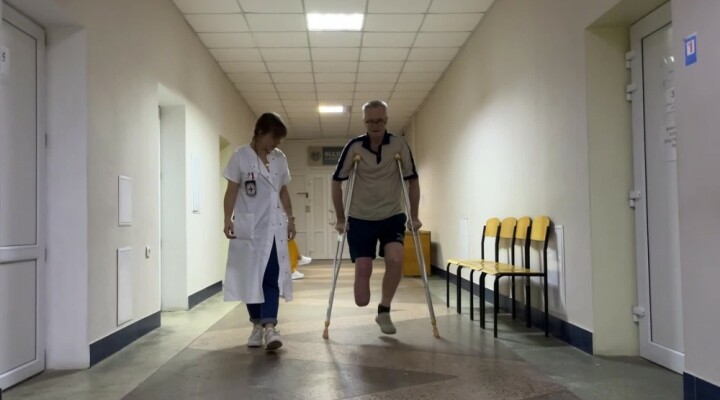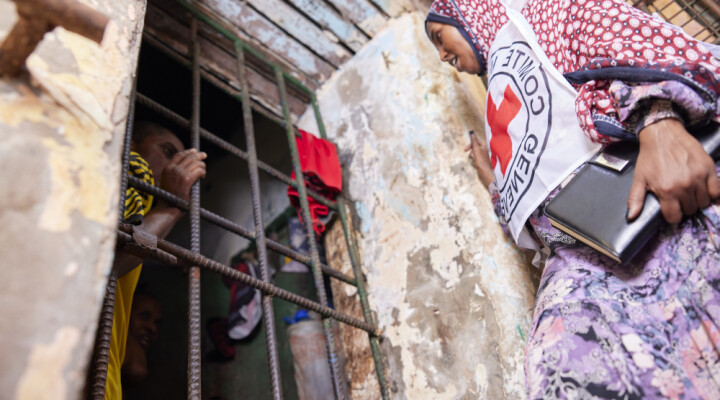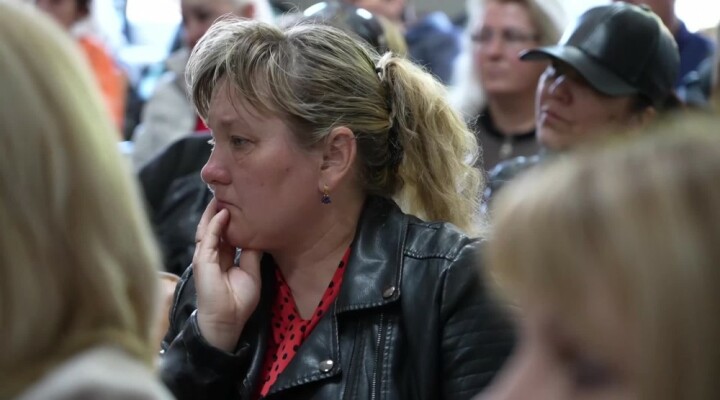Belgrade/Pristina (ICRC) - Close to 20 years have passed since the armed conflict in Kosovo but as many as 1,647 families are still waiting for answers about their loved ones who are unaccounted for in connection with the 1998-1999 events and their aftermath.
In order to help family members find more information about the fate of missing loved ones, Pristina and Belgrade delegations today adopted the Procedures on the Handover of Human Remains.
The adoption took place in Belgrade at the 48th session of the working group on persons unaccounted for in connection with events in Kosovo, chaired by International Committee of the Red Cross
The session was chaired by the International Committee of the Red Cross (ICRC) and also attended by families of the missing and members of the international community.
After taking stock of the activities carried out since the last session, the participants discussed the next steps to be taken by Pristina and Belgrade for the remaining months of 2018, which would hopefully enable some families to receive answers about the fate of their missing loved ones.
Today, 20 years on, out of 6,057 people reported to the ICRC as missing in connection with the armed conflict in Kosovo and its aftermath, 1,647 are still unaccounted for. Their families live in uncertainty, not knowing what has happened to their loved ones, unable to perform a dignified funeral, heal the wounds and go on with their lives.
The chairman of the working group, Mr Fabien Bourdier of the ICRC, said: “Only seven cases were resolved in 2018. The ICRC is concerned about the slow rate of progress in resolving this issue, which should be treated as a purely humanitarian one. Waiting for their missing loved ones, many people have unfortunately passed away without getting any closure. We hope that the adoption of the Procedures on the Handover of Human Remains between Belgrade and Pristina delegations will prove beneficial to the entire process.”
Since the inception of the working group in 2004, the ICRC as a neutral intermediary has explored national and international archives in a bid to obtain information that would lead to new gravesites, so as to clarify the fate of as many missing persons as possible and help families solve their administrative and legal matters.
In line with international humanitarian law, the families have the right to know what has happened to their loved ones, and the States are obliged to provide them with answers and support.
�
For further information, please contact:
Sanja Ivanis, ICRC Belgrade, tel.:+ 381 11 228 55 52 or +381 64 8444 440
Albiona Musliu, ICRC Pristina, tel.: + 381 38 220 384 118 or +377 44 195 664
Elodie Schindler, ICRC Geneva, tel.: +41 22 730 21 86 or +41 79 536 92 48
